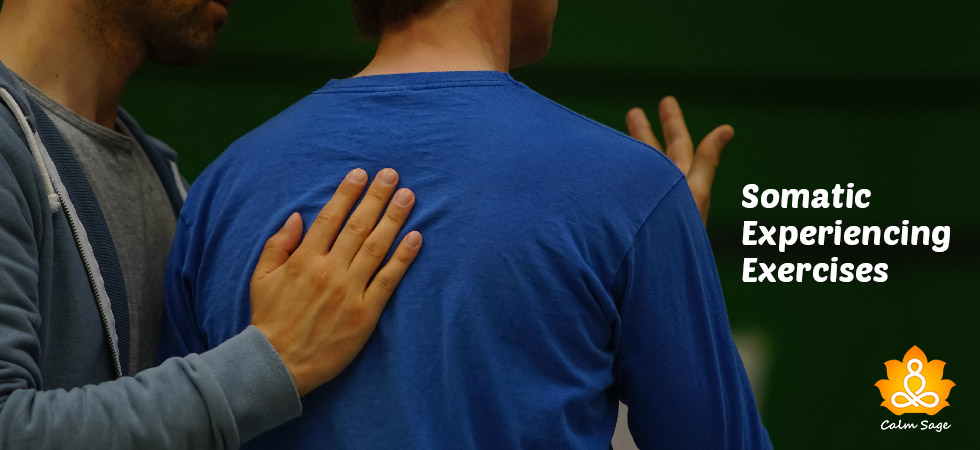Hypersomnia: What it Looks Like, Causes And How to Cope With It

Feeling drowsy or experiencing an afternoon slump once in a while is normal, isn’t it? I mean, who doesn’t like to take a quick nap after lunch? But trouble comes in when this drowsiness or sleepiness becomes too frequent. So much so that it begins to interfere with your work, academics, relationships, and day-to-day activities.
There’s a term for excessive sleepiness – Hypersomnia – the opposite of insomnia. Hypersomnia is categorized as a chronic sleep disorder wherein you feel excessive sleepiness or drowsiness during the day, even though you’ve had a good night’s rest and are not missing out on any sleeping hours.
The facts speak for themselves! Did you know that more than 20% of people experience hypersomnia symptoms or excessive daytime sleepiness? While hypersomnia can be a sleep disorder in itself, it could also be a major symptom of other sleep disorders or mental health disorders.
Keep reading to learn what hypersomnia looks like and how you can treat and cope with excessive daytime sleepiness.
Hypersomnia Symptoms to Look Out For

Hypersomnia, also known as EDS – Excessive Daytime Sleepiness – can be defined as a chronic inability to stay awake or alert during waking hours. When you experience hypersomnia, you feel a strong urge to sleep and you may even take frequent naps, without an obvious reason.
Living with hypersomnia can interfere with your daily functioning and can also make it difficult to catch proper rest. Needing to fall asleep during your waking hours can also pose unique challenges in your professional, personal, and social life.
There are even cases where people have experienced a sleep attack! A sleep attack occurs when you unexpectedly fall asleep during the day. For example; sleeping while eating, talking, or even driving.
Moreover, along with experiencing daytime sleepiness, you may also experience some other symptoms, such as;
- Increased irritability
- Anxiety
- Symptoms of depression
- Lack of appetite
- Low energy
- Trouble remembering
- Restlessness
- Disordered or careless thinking
- Slow speech
- Hallucinations
Other than that, hypersomnia symptoms can include;
- Sleeping more than 11 hours in 24 hours and still not feeling refreshed enough
- Random bouts of fainting
- Draining naps during the day
- Trouble waking up from sleep
- Sleep paralysis
What Causes Excessive Sleepiness?
Several reasons could cause hypersomnia. In some cases though, the symptoms may not point to certain causes. However, here are some common factors that can cause you to develop excessive daytime sleepiness;
- Having a sleep disorder such as narcolepsy or sleep apnea
- Substance misuse
- Poor autonomic nervous system and reactions
- Multiple Sclerosis, depression, or epilepsy
- Head trauma or concussion
- Medications such as antidepressants
- Alcohol withdrawal
- Having a family history of hypersomnia or related sleep disorders
If you or a loved one is experiencing the symptoms of hypersomnia or excessive daytime sleepiness, then it is recommended you speak to a sleep specialist or a professional healthcare provider for proper diagnosis and treatment.
Is Hypersomnia Related to Other Sleep Disorders?

Hypersomnia does share some similarities with other sleep disorders such as;
1. Sleep-Wake Disorders
Sleep-wake disorders are wherein you struggle with the quality of sleep, time, and amount of sleep. These disorders can cause daytime sleepiness and can even cause impaired cognitive or executive functioning. Sleep-wake disorders are also chronic disorders and can have symptoms such as;
- Excessive daytime sleepiness
- Memory issues
- Trouble concentrating
- Depression
- Insomnia
2. Obstructive Sleep Apnea
This is another chronic sleep disorder that causes restrictive breathing or suspended breathing during sleep. Obstructive sleep apnea can result in fretful sleep and can cause you to feel drowsy and sleepy in the daytime.
3. Narcolepsy
Hypersomnia is also connected to narcolepsy, a sleep disorder where the brain cannot control your sleep-wake cycle. The symptoms that hypersomnia shares with narcolepsy as a disability can include;
- Daytime sleepiness
- Hallucinations
- Sleep paralysis
- Nighttime wakefulness
- Cataplexy (loss of muscle control)
Can Hypersomnia be Treated?
Yes, there are treatment options to help you cope with hypersomnia. The first step is to diagnose the potential cause of the sleep disorder and then discuss the appropriate approach with a professional. Treatment approaches can include behavioral counseling related to sleep issues and treatment strategies focused on improving sleep hygiene.
Hypersomnia treatment focuses primarily on addressing the underlying causes, especially when hypersomnia is caused by a mental health disorder or a medical condition.
Other ways you can cope with hypersomnia can include maintaining a good sleep schedule. You can work on establishing a regular sleep schedule, having a proper sleep environment, and limiting beverages such as caffeine and alcohol before bed.
You can also try to limit your screen time before bed. Blue light from digital screens can mess with the melatonin production in your body. So avoid using your smartphones or watching TV before bed.
What Next?
Living with hypersomnia can be challenging especially when you don’t know what is causing the sleep disorder. If you can relate to the symptoms of hypersomnia, then consider speaking to a sleep specialist or a professional therapist concerning your next steps.

Great for a large network of licensed therapists
-
$60 to $90/week, billed every 4 weeks
-
Therapy via messaging, phone, or live video chat
-
Flexible cancellation at any time
20% off your first month

Great for CBT Based therapists
-
$40/week, billed every 4 weeks
-
Therapy via messaging, phone, or live video chat
-
Specialization for CBT based Therapy
20% off your first month

Best for Treatment Plants
-
$60 to $90/week, billed every 4 weeks
-
Therapy via messaging, phone, or live video chat
-
Flexible cancellation at any time
$100 off your first month with code SPACE
A sleep therapist can help diagnose the cause of hypersomnia and address any underlying disorders that might be causing you excessive daytime sleepiness. Make sure you take all precautionary steps to avoid falling asleep unexpectedly during the day so that you don’t put yourself or others at risk.
While hypersomnia is not dangerous, it can still negatively impact the quality of your life and affect your social, personal, and professional life too. Reaching out to a professional and changing your lifestyle can help you cope with hypersomnia.
I hope this article helped you understand the causes, symptoms, and effects of hypersomnia in your life and how you can treat this chronic sleep disorder. For more, you can write to us at info@calmsage.com or leave us a message on our social media.
Let me know what your thoughts are on hypersomnia in the comments below. If you have additional tips, feel free to share them with us!
Take Care and Stay Safe!




















